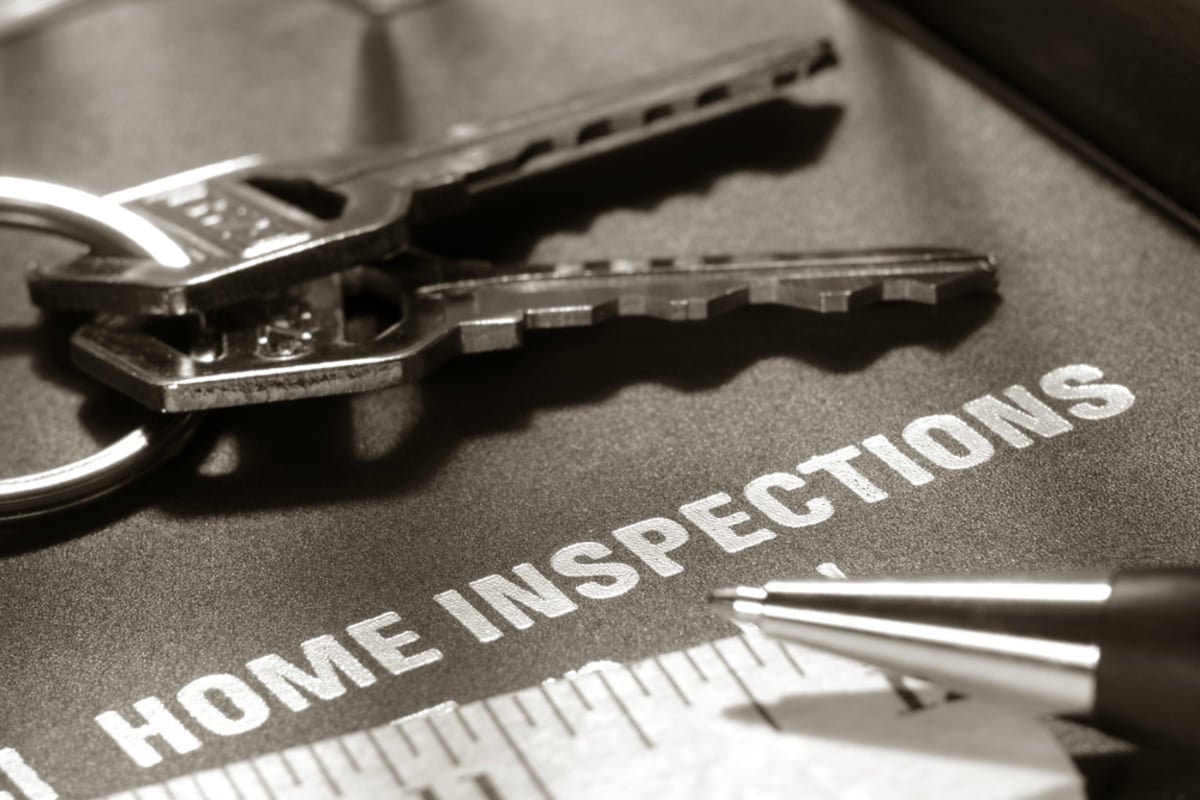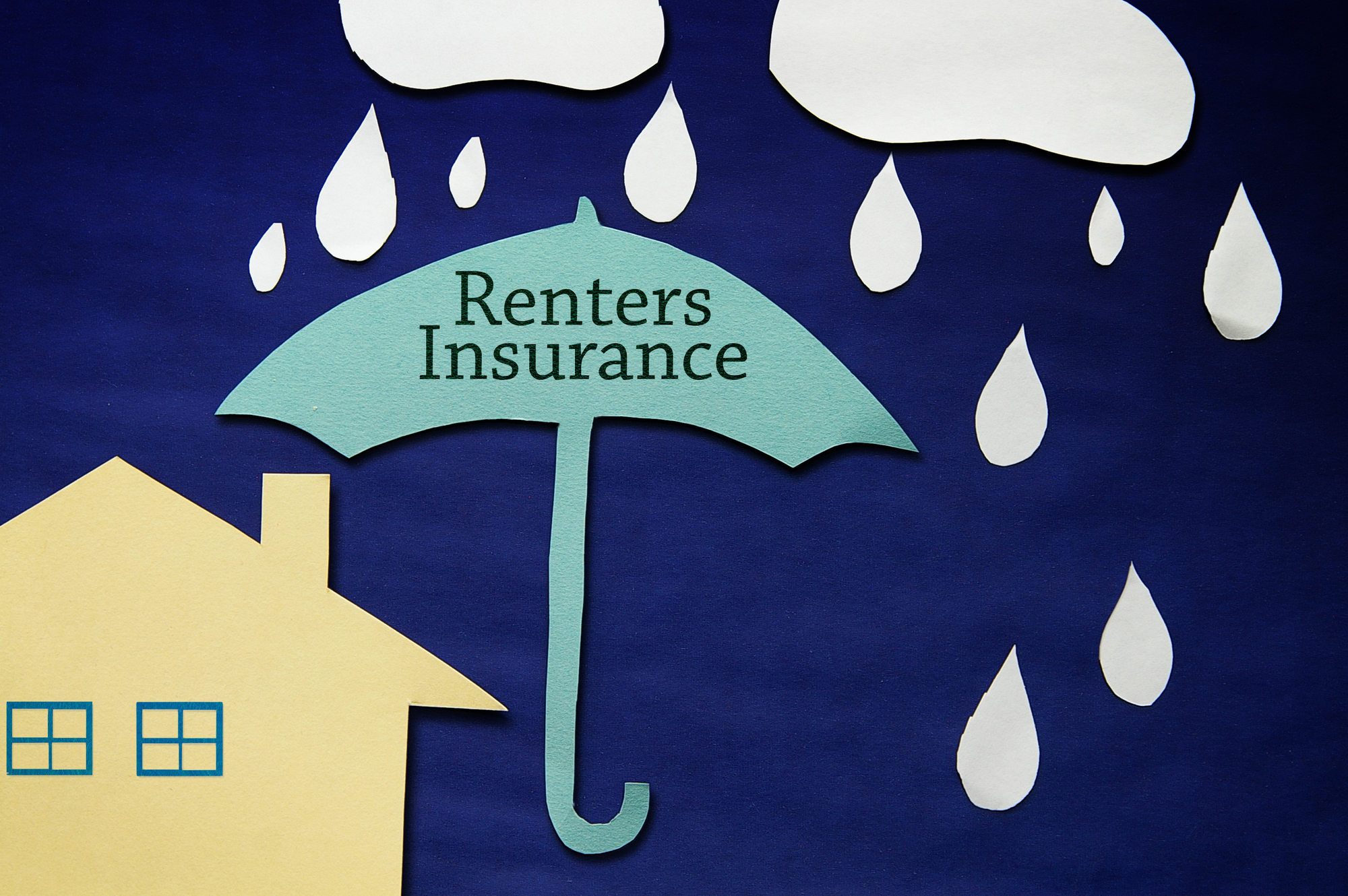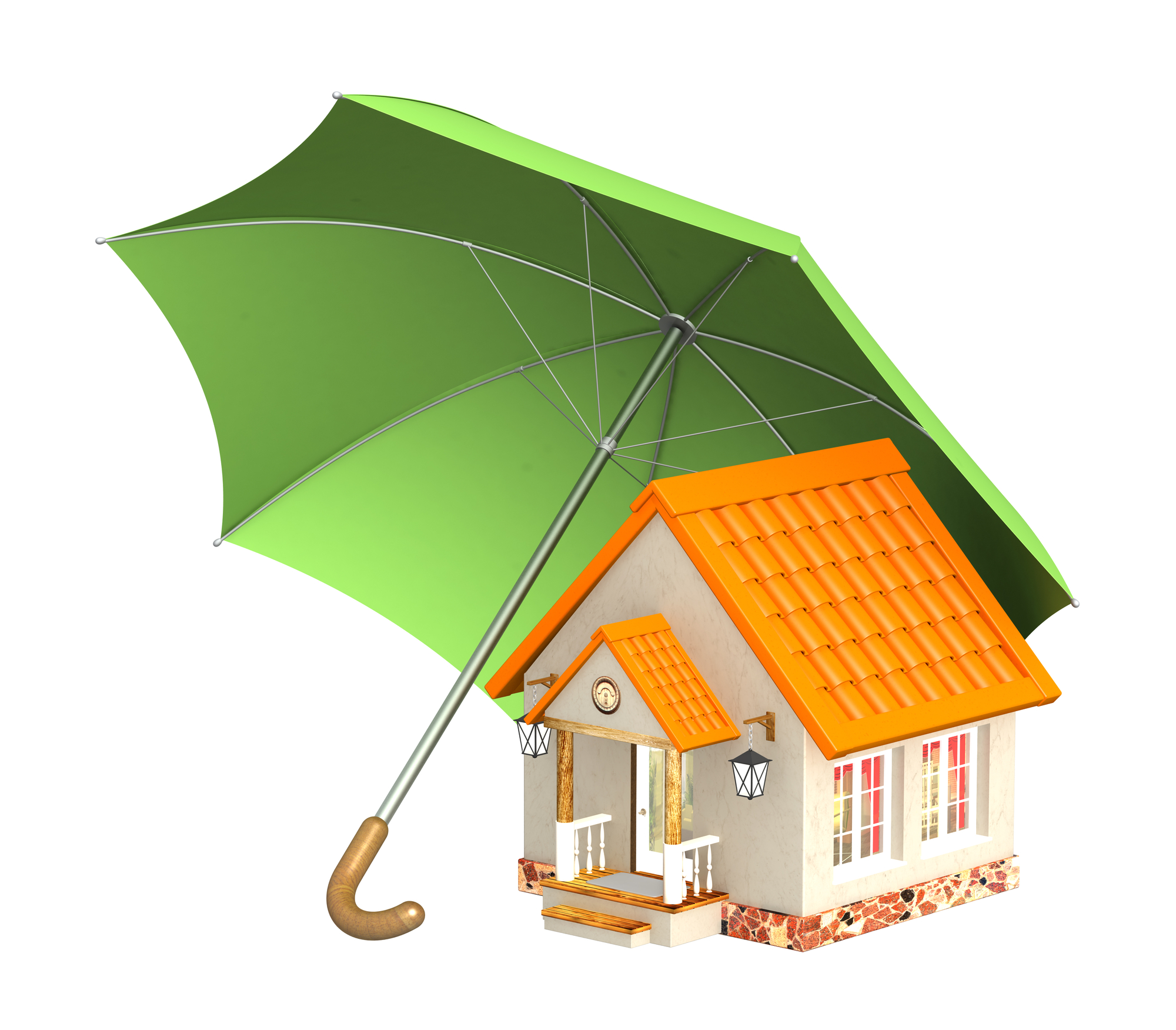As a landlord, protecting your investment property is crucial. One way to safeguard your property and mitigate potential risks is through comprehensive insurance coverage. But what type of insurance do landlords need?
Our experts at Charleston Property Company will provide detailed insights into the different types of insurance coverage landlords should consider. Whether you're an experienced landlord or just starting in the rental property management business, this will help you safeguard your property and financial future.
Property Management in Charleston: The Importance of Insurance for Landlords
Insurance is a vital aspect of protecting your investments. It serves as a safety net, providing financial support and peace of mind when unforeseen circumstances arise. By having the right insurance coverage, you can protect yourself from potential losses that may result from property damage, accidents, or legal claims.
What Does Landlord Insurance Cover?
Insurance coverage for landlords typically includes protection for the physical structure of the property, its contents, liability issues, and loss of rental income. Long-term rental property management coverage is specifically designed to address the unique needs of landlords. It encompasses various types of insurance that provide comprehensive protection for your investment property.
 Types of Insurance Coverage for Landlords
Types of Insurance Coverage for Landlords
Understanding the different types of insurance coverage available is essential for protecting your property against potential risks. Some key types of insurance coverage for landlords include:
Property Insurance
Property insurance is a fundamental type of coverage that landlords should consider. This insurance protects the physical structure of your rental property, its contents, and personal property.
Coverage for the Physical Structure
Property insurance provides coverage for the physical structure of your rental property. This includes protection against damages caused by perils such as fire, windstorms, vandalism, or theft. In the event of a covered loss, property insurance helps cover the costs of repairs or rebuilding.
When selecting property insurance, it's essential to accurately assess the value of your property to ensure you have adequate coverage. Consider factors such as the property's age, size, location, and any unique features it may have. Remember to update your coverage periodically to account for any changes in your property's value or improvements you make.
Coverage for Contents and Personal Property
In addition to the physical structure, property insurance also covers the contents and personal property within your rental property. This includes items such as appliances, furniture, and fixtures that you provide for your tenants' use. In the event of damage or loss, property insurance helps cover the cost of replacing or repairing these items.
To ensure accurate coverage, keep an inventory of the contents and personal property within your rental property. Documenting the value of these items and providing evidence, such as photographs or receipts, can help streamline the claims process in case of a loss.
By obtaining property insurance, you can protect your investment property from unforeseen events resulting in damage or loss.
Liability Insurance
Liability insurance is a crucial component of long-term rental property management coverage. It's critical to protect yourself against potential lawsuits and legal claims that may arise from incidents that occur on your property. Liability insurance covers bodily injury and property damage caused by your rental property.
Protection Against Lawsuits and Legal Claims
Liability insurance offers protection if a tenant, visitor, or even a passerby gets injured on your rental property and decides to sue you for damages. It covers legal expenses, including attorney fees and court costs, to defend yourself in such situations. This coverage not only provides financial protection but also peace of mind, allowing you to focus on the smooth operation of your rental property.
In addition to bodily injury, liability insurance protects you against legal claims related to property damage caused by your rental property. For example, suppose a tenant's personal property is damaged due to a plumbing issue or faulty wiring. In that case, liability insurance can help cover the cost of repairs or replacements, potentially saving you from significant financial burdens.
Coverage for Bodily Injury and Property Damage
Liability insurance typically includes coverage for bodily injury and property damage up to a certain limit. The specific coverage limit may vary depending on your insurance policy and the level of protection you choose.
Loss of Income Insurance
As a landlord, a main concern is ensuring a steady stream of rental income. Loss of Income Insurance is a type of coverage designed to protect landlords in the event of rental income loss. This coverage helps to mitigate the financial impact when tenants are unable to pay rent due to various circumstances such as job loss, unexpected vacancies, or natural disasters.
Coverage for Rental Income Loss
Loss of Income Insurance provides coverage for the income you would have earned from your rental property if it becomes uninhabitable or tenants cannot pay rent. The coverage typically kicks in after a waiting period, ranging from a few weeks to a few months, depending on your policy. The amount of coverage varies based on factors such as the rental income amount, the policy limits, and the waiting period chosen.
Loss of Income Insurance can provide financial security by covering mortgage payments and other expenses when rental income is lost. This coverage is precious during unexpected situations that may impact tenants' ability to pay rent, such as economic downturns or unexpected disasters.
Protection Against Unexpected Expenses
In addition to covering rental income loss, Loss of Income Insurance can also protect incidental expenses that you may incur as a landlord. These expenses could include the costs associated with finding new tenants, advertising your property, and making repairs or renovations to get your property back in rentable condition. Having this coverage can help alleviate the financial burden of these unforeseen costs and ensure that you can continue to manage your property effectively.
Additional Coverage Options for Landlords
In addition to the essential insurance coverage options for landlords, there are additional options that can provide extra protection.
Umbrella Insurance
Umbrella insurance serves as an additional layer of liability protection for landlords. It is designed to provide coverage beyond the limits of your existing property and liability insurance policies. With umbrella insurance, you can have an extra level of security against unpredictable events and potential lawsuits.
Supplemental Liability Coverage
Umbrella insurance offers supplemental liability coverage that extends beyond the limits of your primary insurance policies. It provides an extra layer of protection in case of significant liability claims. While your existing liability insurance policies may have certain limits, an umbrella policy can help bridge the gap and provide additional coverage for legal expenses, medical costs, and property damage claims.
Protection Beyond Basic Policies
While property insurance and liability insurance are crucial for landlords, they may only cover some possible scenarios. Umbrella insurance helps fill in the gaps and provides an extra safety net. It offers broader coverage and higher policy limits, giving you added protection against unexpected situations that may exceed the limits of your primary policies.
Flood Insurance
When protecting your investment property, flood insurance is another excellent option. Floods can cause significant damage to your property, resulting in costly repairs and financial losses. Comprehensive long-term rental property management coverage requires understanding flood insurance coverage and assessing property risk.
Coverage for Water Damage and Flooding
Flood insurance covers water damage and flooding caused by natural disasters such as heavy rain, hurricanes, or overflowing rivers. This coverage is separate from standard property insurance and is designed to protect landlords from the financial burden of flood-related damages.
The coverage offered by flood insurance typically includes repairs to the structure of the property, as well as coverage for damage to essential systems such as electrical, plumbing, and HVAC. Additionally, flood insurance may also cover replacing damaged belongings within the property, including furniture, appliances, and other personal property.
Assessing the Risk for Your Property
Assess the flood risk for your property by considering location, nearby water bodies, and historical flood data. This helps you determine if flood insurance is necessary.
It's important to note that flood insurance may be required for properties located in high-risk flood zones. However, even if your property is outside a designated high-risk area, it may still be susceptible to flooding due to heavy rainfall or inadequate drainage systems. Therefore, conducting a thorough assessment of the flood risk for your property is essential.
Local resources, such as flood zone maps for the Charleston, SC area provided by government agencies or consultations with experts in property management, can help you gain a better understanding of the flood risk specific to your property's location.
Rental Property Insurance vs. Homeowners Insurance
When insuring a property, "rental property insurance" and "homeowners insurance" are often used interchangeably. However, the type of coverage they provide can differ significantly, especially regarding properties used for rental purposes.
Understanding Rental Property Insurance
Rental property insurance, often referred to as landlord insurance, is specifically designed to cover properties that are rented out to tenants. It typically provides coverage for the following aspects:
-
Property Damage: This covers damages to the building due to covered perils such as fire, storm, theft, or vandalism.
-
Liability Coverage: This protects the landlord if a tenant or a guest gets injured on the property due to the landlord's negligence.
-
Loss of Rental Income: This coverage kicks in if your rental property becomes uninhabitable due to a covered loss, compensating for the lost rental income.
The Scope of Homeowners Insurance
On the other hand, homeowners insurance is designed for owner-occupied properties. It usually covers the following:
-
Dwelling Protection: This covers the physical structure of the home and attached structures such as a garage.
-
Personal Property: This covers personal belongings inside the home, such as furniture, appliances, and electronics.
-
Liability Protection: This provides coverage if someone not living with you is injured on your property.
Key Differences
The primary difference between rental property insurance and homeowners insurance lies in their coverage. While both types of insurance provide property damage and liability coverage, rental property insurance offers the crucial addition of loss of rental income coverage. Furthermore, homeowners insurance might not cover tenant-related damages or loss of income if a tenant has to move out due to repairs.
 Finding the Right Insurance for Your Rental Property
Finding the Right Insurance for Your Rental Property
Need help finding the right insurance for your rental property in Charleston? Here are some helpful tips from your go-to property management company in Charleston, SC:
Evaluating Your Needs and Risks
Before selecting an insurance policy for your rental property, evaluate your needs and risks. Consider the following factors:
-
Property Value: Determine the value of your property, including the physical structure and any contents you provide as part of the rental.
-
Location: Assess the location of your rental property and consider factors such as crime rates, weather patterns, and the likelihood of natural disasters. This information will help you determine the necessary coverage types.
-
Tenant Profile: Evaluate the type of tenants you typically attract and consider their potential impact on your property. For example, if you rent to families with children or have a property in a high-traffic area, liability coverage may be of greater importance.
-
Risk Tolerance: Assess your personal risk tolerance and determine the level of coverage you are comfortable with. A comprehensive insurance policy can protect you from unexpected financial losses.
By carefully evaluating your needs and risks, you can ensure that the insurance coverage you select adequately protects your rental property and aligns with your specific circumstances.
How a Property Manager Can Help You Find the Right Coverage
Our expert team of property managers can be a valuable asset in determining the right insurance coverage for your rental property in Charleston, SC. With in-depth knowledge of the real estate industry and a keen understanding of the unique risks associated with rental properties, we provide insights and guidance throughout the entire process.
Understanding Your Needs and Risks
Our property management team in Charleston works closely with landlords and is intimately familiar with the property and its associated risks. Their hands-on experience managing your property and tenants puts them in a unique position to help identify the types and amounts of coverage you may need. They can highlight specific risks associated with the property, like potential damage from tenants or natural disaster risks based on the property's location.
Liaising with Insurance Professionals
We’ll also liaise effectively with insurance professionals on your behalf. This can be particularly beneficial if you have a busy schedule or live far from your rental property in Charleston, SC. We can assist in gathering the necessary information for coverage quotes, help understand the fine print in insurance policies, and even facilitate claims processes if necessary.
While you ultimately decide on the insurance coverage for your rental property, Charleston Property Company’s team can be instrumental in helping you make an informed choice.
Safeguarding Your Investment through Property Management in Charleston, SC
Owning a rental property means understanding the right insurance policies to protect your investment. Various insurance options offer unique benefits for specific risks. The goal is to protect your property and prevent financial losses, ensuring long-term financial stability.
At Charleston Property Company, we aim to make your property management experience seamless and rewarding. Our team of experienced professionals offers comprehensive services, from tenant selection to risk management, including helping you navigate the complexities of rental property insurance. We work closely with you to understand your unique needs, offering personalized guidance and support to ensure your investment is well-protected.
If you’re ready to discover more about protecting your investment, download our free guide “Protecting Your Investment Property: A Guide” today!


 Types of Insurance Coverage for Landlords
Types of Insurance Coverage for Landlords Finding the Right Insurance for Your Rental Property
Finding the Right Insurance for Your Rental Property






